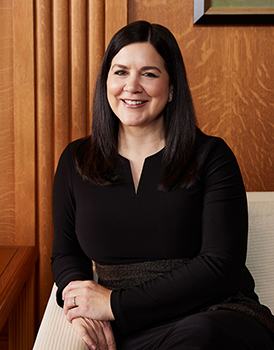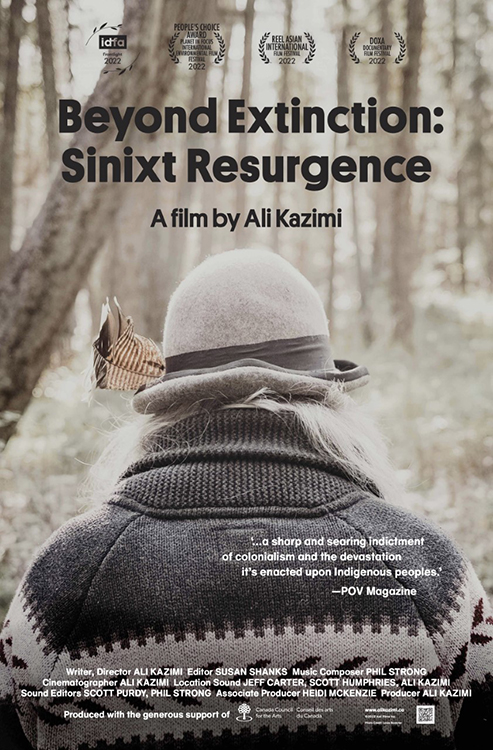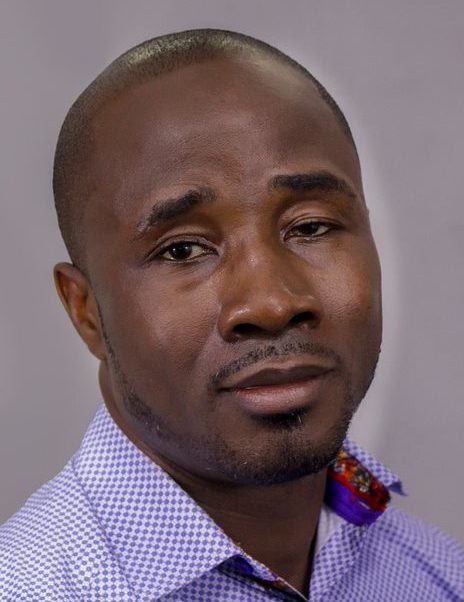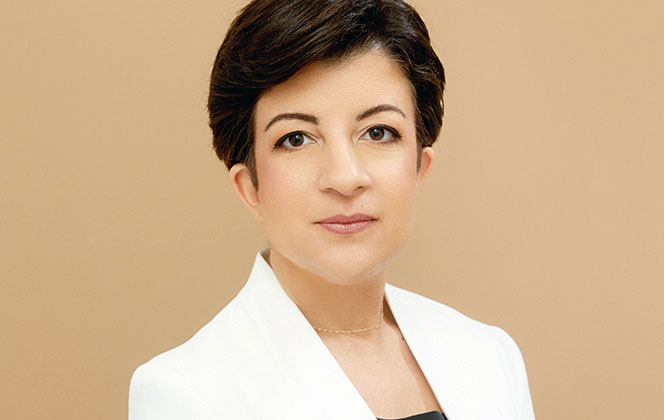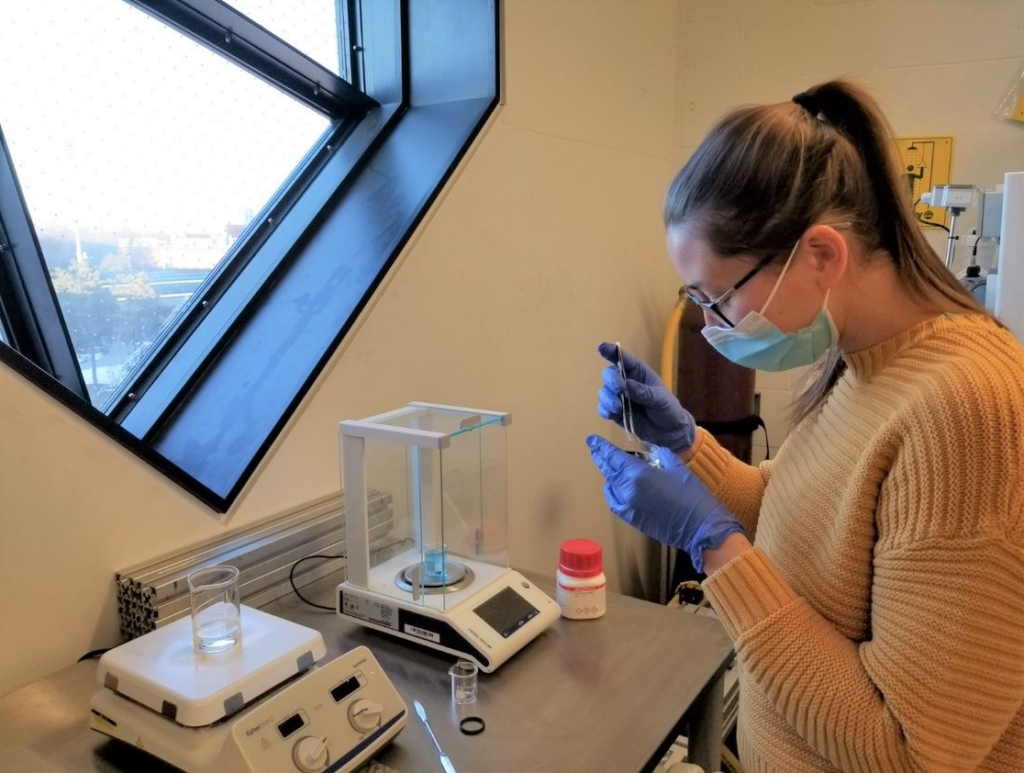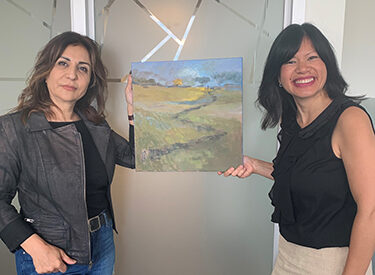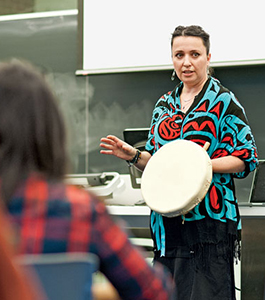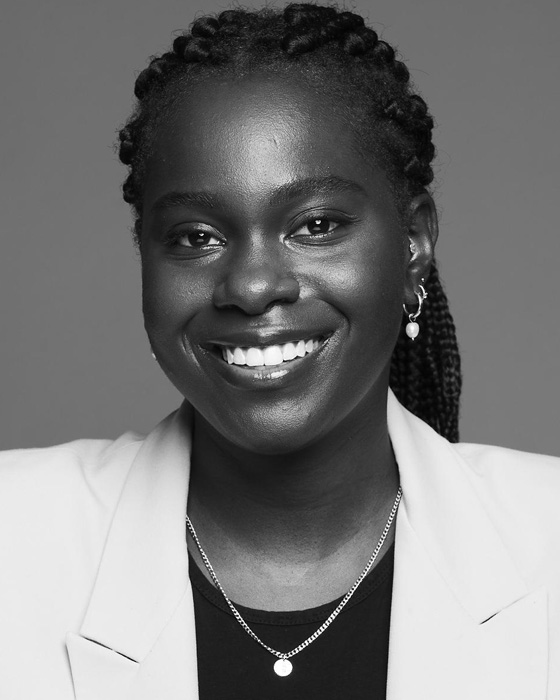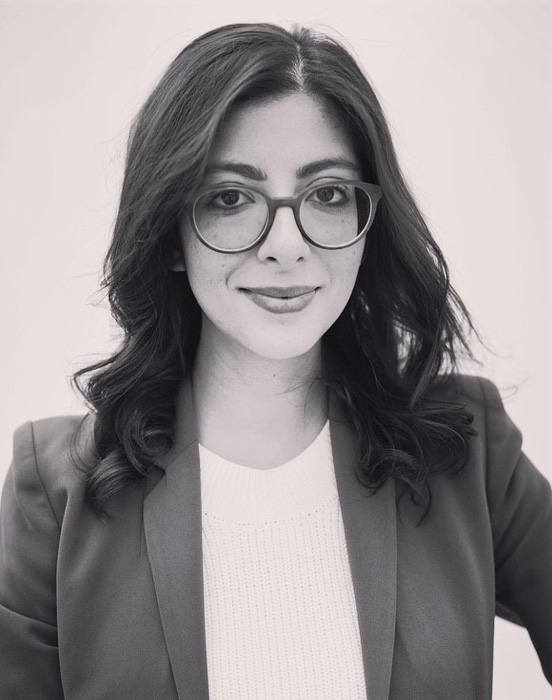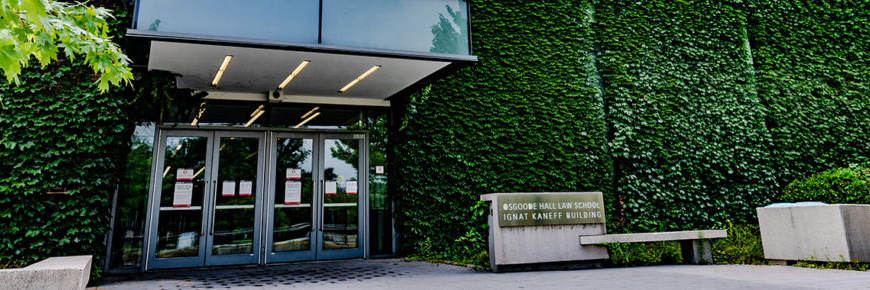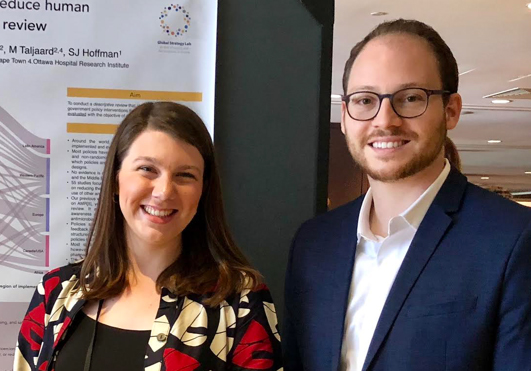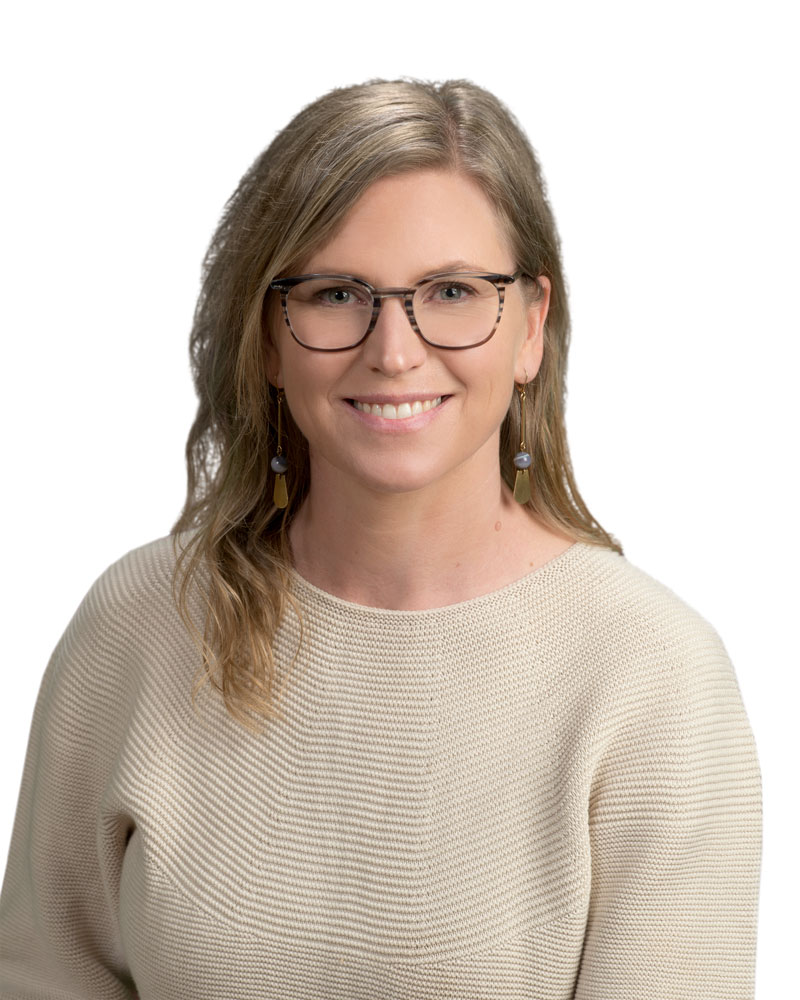Professor Carys Craig of York University’s Osgoode Hall Law School will lead IP Osgoode as of January 2023 after being appointed director of the independent program that explores legal governance issues at the intersection of intellectual property (IP) and technology.
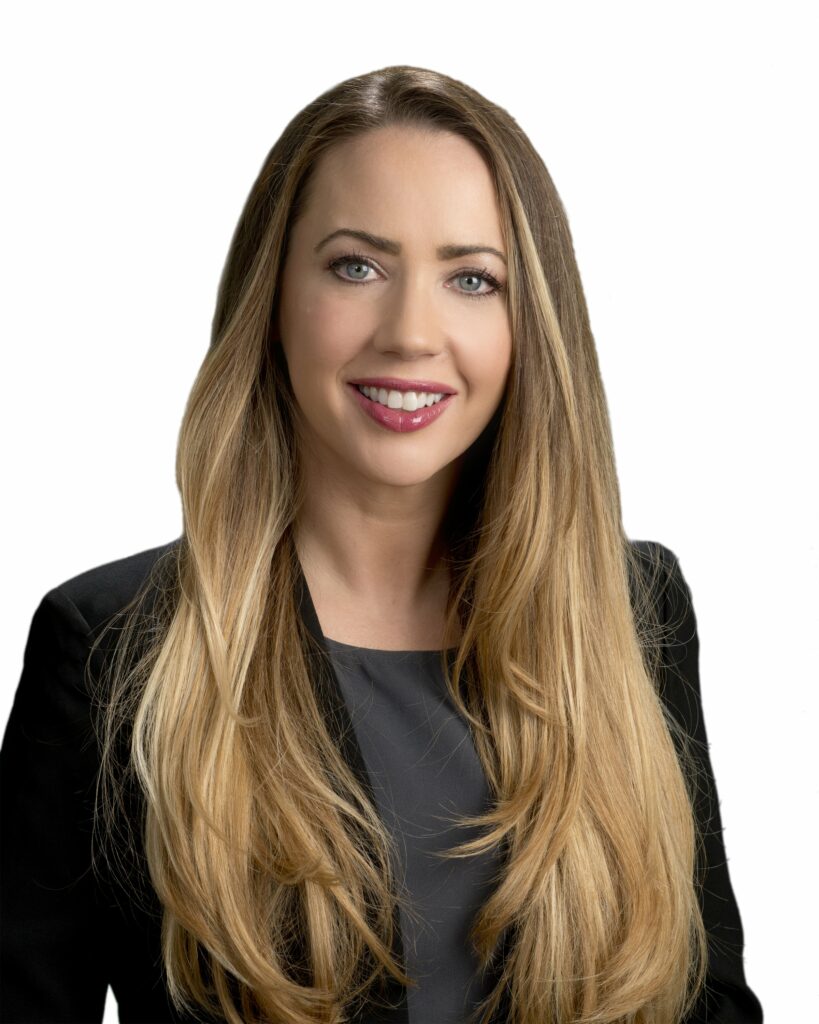
As faculty member at Osgoode since 2002, and a founding member of IP Osgoode, Craig brings to the role a wealth of experience and enthusiasm for teaching, researching, mentoring and mobilizing knowledge in the field of intellectual property law and technology.
Craig is an internationally recognized scholar in the field, and is the author of Copyright, Communication & Culture: Towards a Relational Theory of Copyright Law (2011), and the co-editor of Trade-marks and Unfair Competition Law: Cases and Commentary, 2nd ed. (Carswell, 2014) and Copyright: Cases and Commentary on the Canadian and International Law, 2nd ed. (Carswell, 2013).
Recent scholarly publications include, e.g. “Transforming Total Concept and Feel: Dialogic Authorship, Copying and the ‘New Work’” in 38 Cardozo Arts & Entertainment Law Journal 603-654 (2021); “The Death of the AI Author” with Ian Kerr, 52(1) Ottawa Law Review 33-86 (2021); and “AI and Copyright” in Florian Martin-Bariteau & Teresa Scassa (eds), Artificial Intelligence and the Law in Canada (LexisNexis, 2021).
Craig is frequently invited to share her work and expertise with academic audiences, professional organizations, policymakers and the press, while her publications are regularly cited in legal arguments and judicial opinions, including in several landmark rulings by the Supreme Court of Canada.
A recipient of multiple teaching awards, including the 2015 President’s University-Wide Teaching Award, Craig teaches JD, graduate and professional courses in the areas of intellectual property, copyright and trademark law and legal theory. She is the academic director of Osgoode’s Professional LLM Program in Intellectual Property Law (with co-director Martin Kratz), and currently serves as the editor-in-chief of the Osgoode Hall Law Journal. From 2014-17, she was Osgoode’s associate dean of research and institutional relations. In 2017, she received the Outstanding Service Award from the Institute of International Education.
Craig holds a first-class honours bachelor of laws (LLB Hons) from the University of Edinburgh in Scotland, a master of laws (LLM) from Queen’s University in Kingston, and a doctorate in Law (SJD) from the University of Toronto, where she was a graduate fellow of Ontario’s Centre for Innovation Law and Policy.
Craig is the second director of IP Osgoode, and takes over the role from York Associate Professor Guiseppina (Pina) D’Agostino, IP Osgoode founder and inaugural director. D’Agostino served in the role from 2008-22.
Learn more about IP Osgoode.










